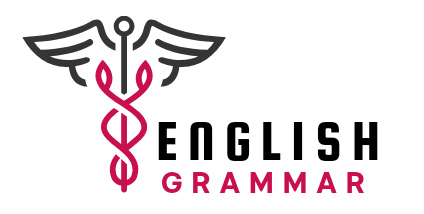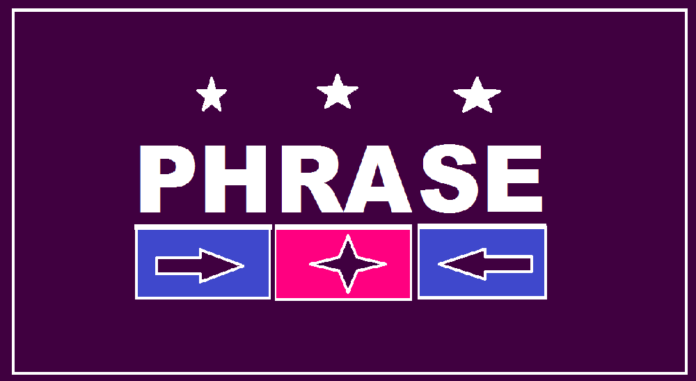Definition of Phrase, Types of Phrases in English Grammar with Examples | Noun Phrase, Verb Phrase, Adverb Phrase, Adjective Phrase, Prepositional Phrase.
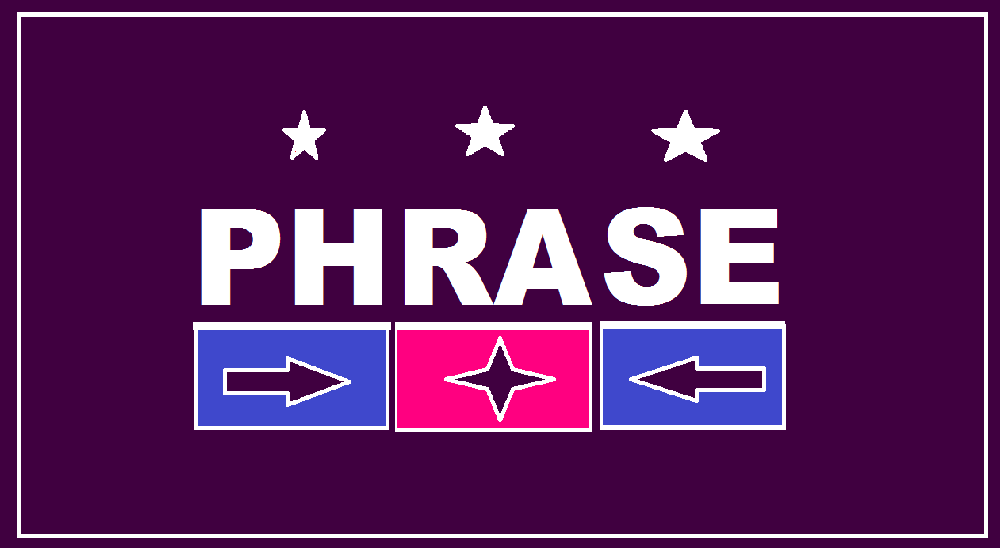
Introduction to Phrases in English
What is a phrase?
A phrase is a collection of words that function as a single whole inside a sentence. It has the ability to convey messages. It cannot stand alone because it is a component of a sentence. It fulfils a specific purpose inside the greater sentence structure, rather than having a subject and a predicate.
Words are used in all of our daily incidents. They have the power to diffuse a heated situation, build connections, and define the tone of a discussion. For example, asking someone, “How can I help you?” may greatly contribute to their feeling of value and respect.
Definition of a phrase:
According to the Oxford Learner’s Dictionary, Phrase definition is : “A group of words without a finite verb, especially one that forms part of a sentence.”
Types of Phrases in English with Examples
Phrases enhance and attract our communication by performing as nouns, verbs, adjectives, adverbs, and other components of speech. There are five main types of phrases in English Grammar with examples, each with a specific function within a sentence.
- Noun phrase
- Verb phrase
- Adverb phrase
- Adjective phrase
- Prepositional phrase
1. Noun Phrase:
A combination of words that includes a noun and its enhancers is called a noun phrase. In a sentence, it is capable of being the subject, the object, or the complement.
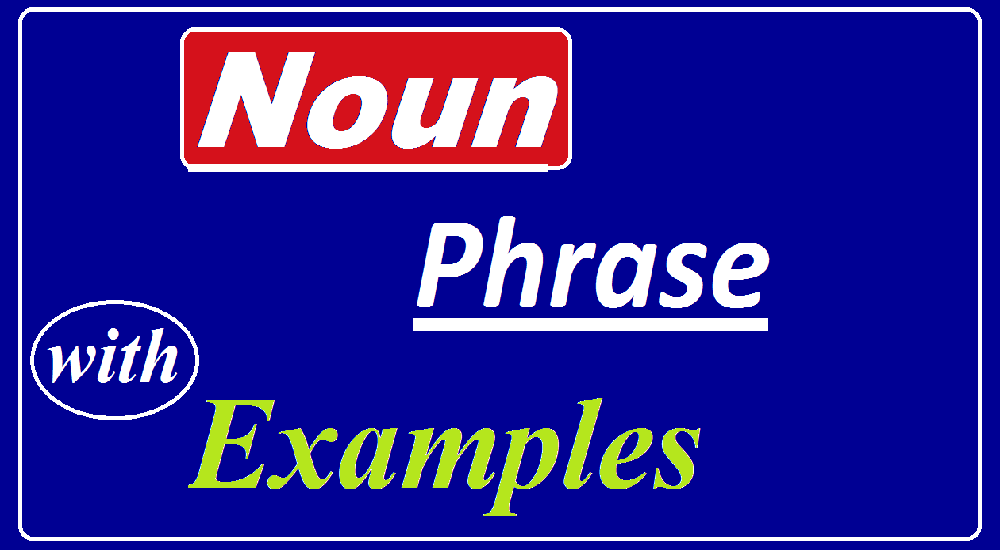
Of absolutely! In a sentence, a noun phrase can serve as the subject or the object. Here are a few examples of noun phrases in English Grammar:
1. Noun Phrase as Subject Examples
- The speedy brown fox jumps over the idle dog.
Subject: “The speedy brown fox” - A bouquet of roses brightened the room.
Subject: “A bouquet of roses” - My best friend’s car is very reliable.
Subject: “My best friend’s car”
2. Noun Phrase as Object Examples
- They visited the museum of modern art.
Object: “the museum of modern art”. - He gave the old man his seat.
Object: “the old man”. - The teacher praised the hard-working student.
Object: “the hardworking student”
In these sentences, the noun phrases are performing the roles of subjects (doing the action) and objects (receiving the action), respectively.
2. Verb Phrase:
The main verb and any helper (helping) verbs make up a verb phrase. It conveys an action or a mental state. A verb along with its dependants, which can include objects, complements, and modifiers but not the subject, make up a verb phrase.
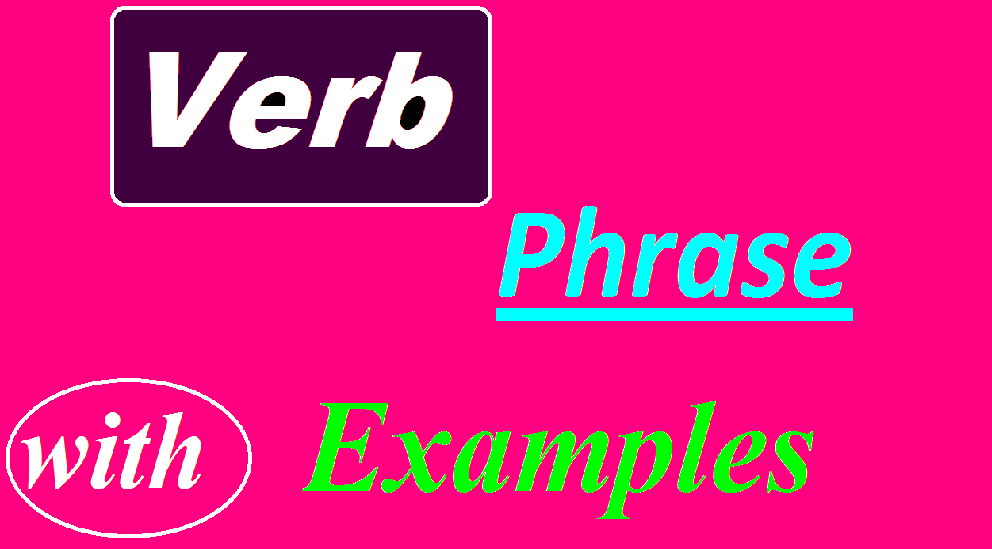
There are a few examples of verb phrases in English Grammar:
1. Simple Verb Phrase Examples
- Running quickly: “Running” is the main verb, and “quickly” is an adverb modifying the verb.
- Eats apples: “Eats” is the main verb, and “apples” is the direct object.
2. Verb Phrase with Auxiliary Verbs
- Has been working: “Has” and “been” are auxiliary verbs, and “working” is the main verb.
- Will have finished: “have” is an auxiliary verb, and “finished” is the main verb.
3. Verb Phrases with Modal Verbs
- Can swim: “Can” is a modal verb, and “swim” is the main verb.
- Might be leaving: “Might” is a modal verb, and “be leaving” is the main verb phrase.
4.Verb Phrase with Infinitives
- To eat dinner: “To eat” is the infinitive verb, and “dinner” is the object.
- To see the sunset: “To see” is the infinitive verb, and “the sunset” is the object.
These examples show how verb phrases can be constructed and used to give specific meaning and context within sentences.
3. Adverb Phrase:
A collection of words that serve as an adverb in a sentence is known as an adverbial phrase or adverb phrase. It can change a verb or another adverb to offer more details about what, how, when, or where something takes place.
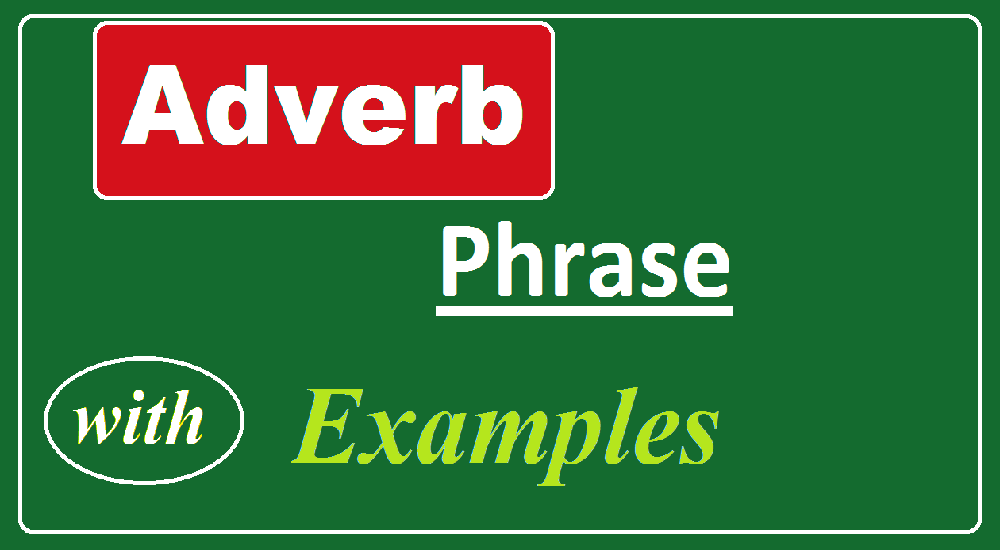
Here are some examples of adverb phrases in English Grammar:
1. Modifying a verb
- “In a hurry”: They left the class-room in a hurry.
- “With great care”: He handled the antique vase with great care.
- “At the last minute”: They completed the project at the last minute.
2. Modifying another adverb
- “Almost always”: She arrives at work almost always on time.
- “Very quickly”: She completed the exam very quickly.
- “Quite easily”: The task was completed quite easily.
In each of these examples, the adverb phrase provides additional detail, enhancing the meaning of the verb.
4. Adjective Phrase:
A combination of words that compose an adjective and add more context for the noun or pronoun in a sentence is called an adjective phrase.
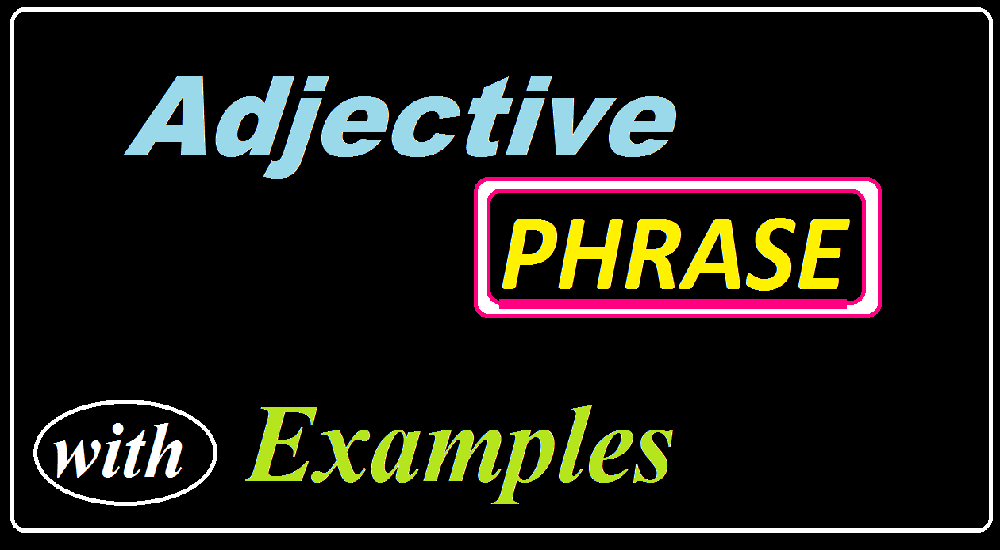
There are some adjective phrase examples sentences:
- The very tall building: “very”tall” is the adjective phrase describing “building.”
- She is quite intelligent: “quite intelligent” is the adjective phrase describing “she.”
- A book full of interesting stories: “full of interesting stories” is the adjective phrase describing “book.”
- The sky, blue and clear: “blue and clear” is the adjective phrase describing “sky.”
- The extremely happy child: “extremely happy” is the adjective phrase describing “child.”
Each of these adjective phrases gives more information about the noun it describes and what is being referred to.
5. Prepositional Phrase:
A prepositional phrase is a series of words that has a statement at the beginning and a noun or pronoun at the conclusion that is referred to as the preposition’s object. These phrases can be used as adverbs, changing verbs, or as adjectives, changing nouns or pronouns.
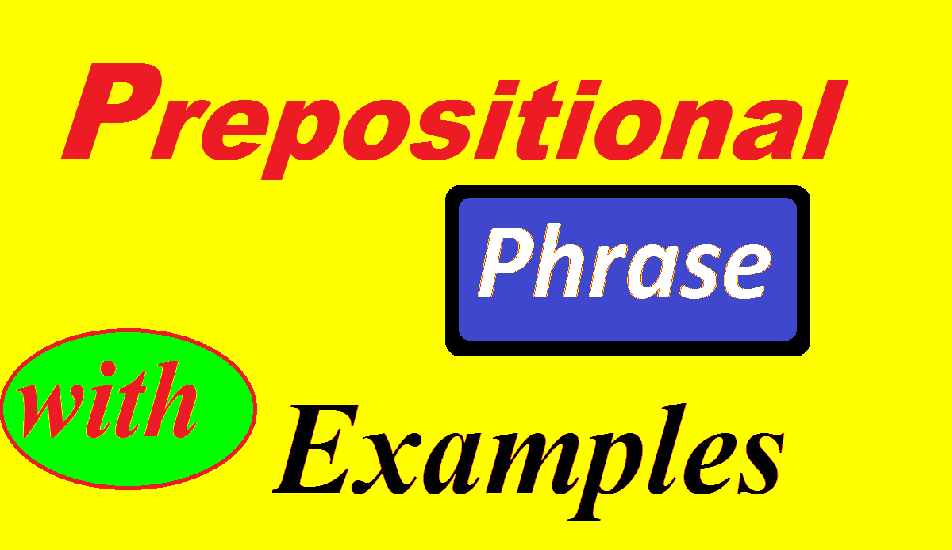
Here are some Prepositional phrases examples sentences:
1. Adjective Prepositional Phrases (Modifying a Noun):
- The book “On the Table” is mine.
- The cat “under the bed” is hiding.
- She is the one “with the red hat”.
- The man “in the blue shirt” is my uncle.
- We visited the house “by the lake”.
2. Adverbial Prepositional Phrases (Modifying a Verb, Adjective, or Adverb):
- He ran “through the park”.
- She arrived “after the meeting”.
- The children are playing “in the garden”.
- He will finish the project “by tomorrow”.
- She sings “with great enthusiasm”.
These expressions can enrich sentences with more information on time, place, style, and other topics.
Conclusion:
The hidden heroes of language are phrases in English, which have significantly more power than their small form may indicate. These are the undetermined components that give communication its unique flavour and power.
Phrases in English are fundamental elements of speech that provide our communication with greater complexity and accuracy. You may improve the saturation and engagement of your writing and speaking by learning the various types of phrases and knowing when to use them.
